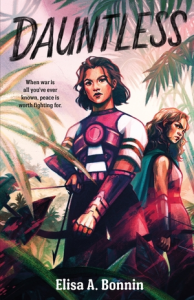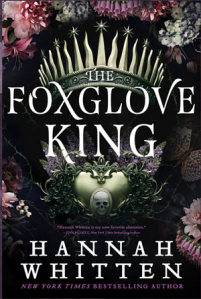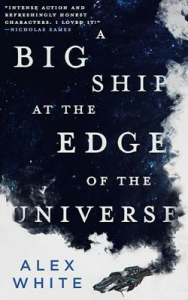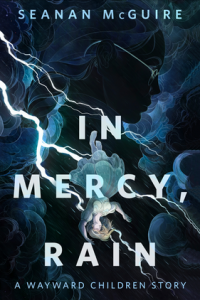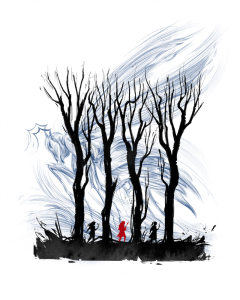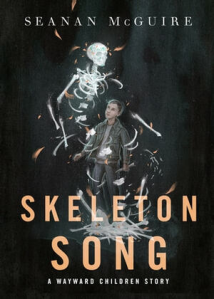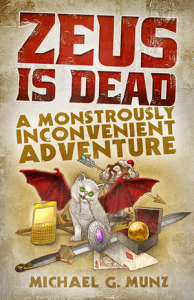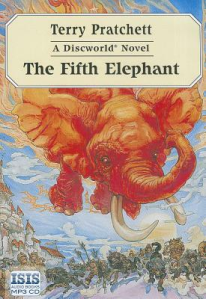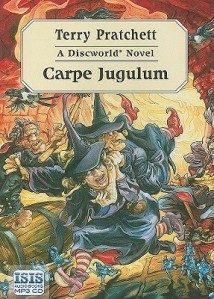Title: Dauntless
Author: Elisa A. Bonnin
Genre: Fantasy (technically YA, but doesn’t feel specifically YA)
Trigger Warnings: Death (severe), violence (severe), blood, injury, gore, animal injury, animal death, mind control, betrayal, grief, parent death (mentions), emotional abuse (not of protagonist), murder (mentions), alcohol use (mentions), colonization, war, mental illness
Back Cover:
A teen girl must bring together two broken worlds in order to save her nation in this lush, Filipino-inspired young adult fantasy novel from debut author Elisa A. Bonnin.
“Be dauntless, for the hopes of the People rest in you.”
Seri’s world is defined by very clear rules: The beasts prowl the forest paths and hunt the People. The valiant explore the unknown world, kill the beasts, and gain strength from the armor they make from them. As an assistant to Eshai Unbroken, a young valor commander with a near-mythical reputation, Seri has seen first-hand the struggle to keep the beasts at bay and ensure the safety of the spreading trees where the People make their homes. That was how it always had been, and how it always would be. Until the day Seri encounters Tsana.
Tsana is, impossibly, a stranger from the unknown world who can communicate with the beasts – a fact that makes Seri begin to doubt everything she’s ever been taught. As Seri and Tsana grow closer, their worlds begin to collide, with deadly consequences. Somehow, with the world on the brink of war, Seri will have to find a way to make peace.
Review:
In my last library trip, I picked up two books, and this is actually the one I was less excited about. Both the cover and description seemed weak and just a tiny bit corny. However, the concept of the beasts that may not be as antagonistic as previously thought and the Filipino inspiration were enough that I decided to give it a shot.
And oh boy. It sucked me in within just a few pages and I blazed right through almost four hundred intense and rich pages. I had to go back and read paragraphs again sometimes because I would inadvertently skip huge chunks of the text in my excitement to find out what happens.
We’ll start with the simple – the world. The rainforest where people live on platforms on huge trees is not a very complicated setting, but it’s unique and vivid and very cool. There are some very neat details about society, as well, such as “marks” (which I gather are something like tattoos) to commemorate important things in your life and the way every city, town, and settlement is just … a single tree. There may not be a ton of depth to explore, but the breadth is spectacular. The characters do a lot of traveling and there are always new interesting sights for the reader and the characters. There was almost no exposition, but I still understand and appreciate the beautiful, lush, dangerous rainforest and the society built in the trees.
And in this society we have Seri and the valiants. Seri’s growth is spectacular. She starts off relatable in a quiet way. She ends up as an aide to a legendary commander not intentionally, but because she took the first opportunity she could to run away from the memory of something painful. But as the story goes on, just by virtue of doing her best and dealing with what’s put in front of her, she becomes the stuff of heroic legend – braver, more confident, and powerful (with just a touch of the overpowered protagonist trope I love). She’s in her late teens during this story, and it really feels like she matures into an adult.
Other valiants thread through the story, but Eshai is the one consistent through the whole book, and she played a much bigger role than I anticipated from the back cover. And I loved the whole concept of her. She’s a huge legendary folk hero, but in real life she’s disorganized, has a temper, good at what she does but still feels like she’s a little over her head, and not really excited to be a folk hero but if that’s the role she has to play she’s gonna do it. I also adored the dynamic between Eshai and Seri. It’s hard to describe, but it was very good.
If you like action, this book has quite a bit of action. Almost all of it is large-scale battles, with our protagonists and a bunch of unnamed or briefly-mentioned side characters facing off against beasts. The battles themselves are great – it’s warriors with superhuman abilities against beasts with other weird abilities, so it’s bound to be great. But this book also does something impressive: It makes these large-scale battles actually have consequences. Seri herself is rarely at risk of actually dying. But someone dies in every fight. And when they die, there are rites for the dead. There is grief and guilt and hurt. Even though we really don’t have much doubt that the people we care about will survive, even the deaths of minor characters have profound effects on our protagonists, and that makes the danger feel real and ensures the fights never feel cheap.
But after all of these great things, my absolute favorite thing is all the moral complexity in this story. At the beginning, everything is straightforward – the beasts kill people, so people need to defend against the beasts. But the more Seri learns about the beasts and Tsana’s people, the more unclear everything becomes. Maybe the valiant aren’t actually the good guys. There is eventually a single antagonist, but even there the morality isn’t strictly black and white – he may be doing horrible things, but I can understand his reasoning. The main tension for Seri is trying to do the right thing when it’s not clear what the right thing is, because for most of the book it’s very unclear what is right. Neither “side” is truly good or evil. There’s also a settler-colonization element that was good, if a little muddled.
This review got long, but that’s because there’s so many great things to say about it. It was a thrilling, engrossing read with a vibrant world, good characters with great growth through the story, and some really awesome battles. And it has a happy ending – I love a dangerous, violent book with a happy ending for the primary characters. I’m very glad I gave it a chance, because it was completely worth it.

